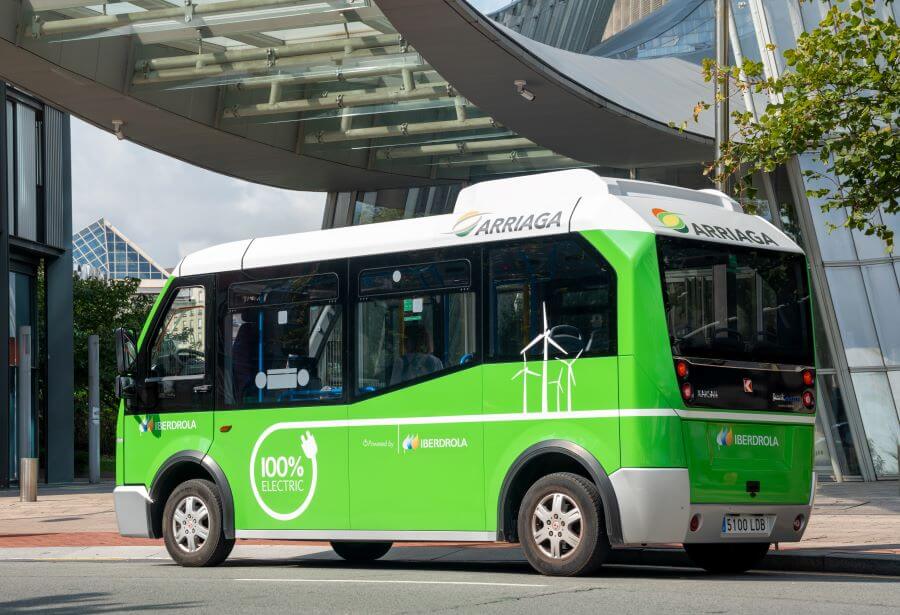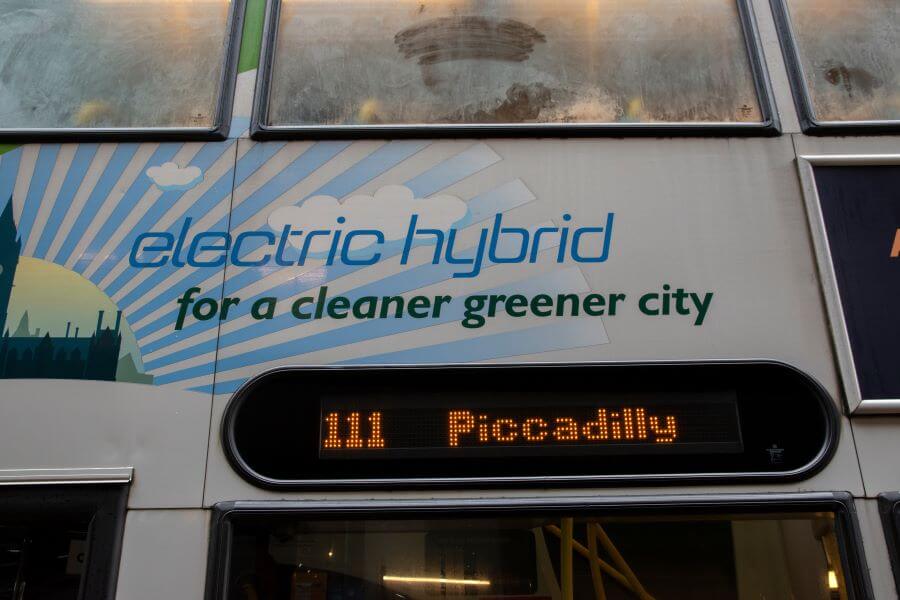Transportation remains a significant contributor to environmental issues, prioritising sustainable solutions for schools, care homes, charities, and o
Transportation remains a significant contributor to environmental issues, prioritising sustainable solutions for schools, care homes, charities, and other organisations. Eco-friendly vehicles, including electric and hybrid options, provide a path toward reducing emissions while maintaining operational efficiency. For organisations aiming to align with sustainability goals, adopting greener transport solutions is not just beneficial—it’s necessary.
Understanding Eco-Friendly Transport Solutions
Eco-friendly vehicles employ advanced technologies to minimise fuel consumption and emissions. Electric models rely solely on electricity, while hybrids combine internal combustion engines with electric motors, offering enhanced efficiency and a reduced carbon footprint.
Transitioning to these vehicles provides a sustainable alternative to traditional petrol or diesel options for schools or charities seeking to lower their environmental impact. Key features of eco-conscious transport include lower emissions, quieter operation, and long-term cost savings due to reduced fuel consumption.
For instance, an electric vehicle for schools can safely and sustainably transport students to events, trips, or sports matches, all while demonstrating a commitment to environmental responsibility.
Similarly, care homes or charities looking for a used minibus for sale might find electric or hybrid models a budget-friendly way to adopt green transport. Organisations can actively contribute to cleaner air and healthier communities by integrating eco-friendly options into their fleets.

Electric minibus’ are c0mmon in Spain
Environmental and Financial Benefits
The shift to eco-friendly transport solutions offers both environmental and economic advantages. Reduced emissions lead to cleaner air, benefiting public health by lowering pollution-related issues like respiratory problems. Quieter vehicles also improve the local environment, particularly in urban or residential areas where noise pollution is a concern.
Financially, these vehicles can help organisations cut operational costs. Electricity is often cheaper than traditional fuels, and maintenance costs are typically lower for electric models due to fewer moving parts.
Additionally, government grants and incentives for eco-friendly vehicles make the transition even more affordable. Schools or charities investing in vehicle leasing options for electric models can benefit from manageable payment plans and ongoing maintenance support, ensuring long-term savings.
By implementing charging stations on-site, organisations can further optimise their costs, reducing reliance on external charging facilities while ensuring vehicles are always ready for use.
Implementing Green Initiatives for Transport
Organisations are pivotal in driving sustainable travel initiatives by adopting eco-friendly transport options. Establishing electric vehicle charging points on their premises is an excellent first step, providing convenience for their fleets and encouraging other users to switch. Furthermore, these charging points serve as a demonstration of commitment to sustainability and attract additional eco-conscious users who may wish to utilise the facilities.
For schools, care homes, and sports clubs, replacing older vehicles with greener models sends a powerful message about their commitment to sustainability. Schools, in particular, can educate students about environmental responsibility by showcasing their use of electric or hybrid vehicles for daily operations. Care homes can enhance residents’ quality of life by introducing quieter, low-emission cars for trips, blending comfort with environmental care.
Promoting carpooling or shared transport among institutions, such as partnering with nearby organisations, can also reduce the number of vehicles on the road. Charities, for example, could collaborate with local authorities to organise shared transport systems that benefit multiple groups, lowering emissions and operational expenses simultaneously.
This collaborative approach decreases congestion and fosters community engagement around sustainable transport solutions.
Education and Advocacy for Green Transport
Awareness and education are vital in promoting the benefits of eco-friendly transport. Workshops and events can highlight the long-term advantages of greener fleets, from cost savings to environmental impact. Organisations can engage stakeholders—such as donors, parents, or residents—in discussions about the importance of sustainable transport solutions. By providing resources and information on the latest developments in green technologies, they can empower their communities to make informed choices.
Schools and charities are especially well-positioned to lead this educational charge. Schools can incorporate sustainability into their curricula by using their electric vehicles as case studies or organising trips to eco-friendly transport hubs. Charities can host events showcasing their green initiatives, inspiring other organisations to follow suit. Engaging students in hands-on projects related to sustainability can further deepen their understanding and commitment to these practices.
These organisations can create ripple effects within their communities by prioritising education and advocacy, encouraging broader adoption of eco-friendly transport solutions. This proactive approach fosters a culture of sustainability and strengthens community ties through shared goals.
The Future of Sustainable Transport for Organisations
The future of transport lies in innovation and collaboration, with eco-friendly vehicles paving the way for sustainable practices. Advancements in battery technology are extending the range of electric cars, while improved charging infrastructure is making the transition more practical for organisations.
Organisations can stay ahead by adopting smart transport solutions, such as route optimisation software, which reduces energy consumption and enhances operational efficiency. Leasing electric vehicles with maintenance-inclusive plans ensures these modes of transport stay in top condition, providing reliable, sustainable options.
Eco-friendly vehicles offer schools, care homes, and charities a tangible way to lead by example, blending operational efficiency with environmental stewardship. By embracing greener solutions today, these organisations can set the stage for a cleaner, more sustainable tomorrow.



















































































































COMMENTS